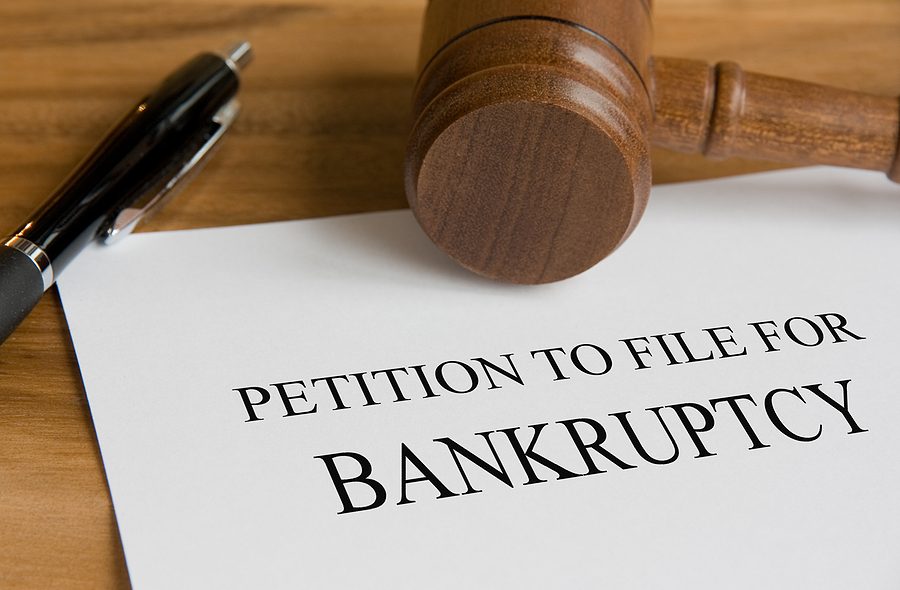Sometimes people hold off filing for bankruptcy for fear of what it will do to their credit and financial future. While filing for bankruptcy will impact a person’s credit score, this damage is not irreparable. In fact, with good financial habits a consumer can rebuild his or her credit to better than it was before filing for bankruptcy.
After the consumer’s debts are discharged at the end of a bankruptcy case, it is recommended that the consumer monitor his or her credit report to ensure that any outstanding or past-due balances are reported as zero if they have been successfully discharged. If any discrepancies are found, these errors should be reported right away to the credit bureaus via a formal dispute.
The next step is to start working towards rebuilding his or her credit score. One of the best ways to do this is to keep paying all open accounts on time every month. Any debts that remained with the filer after the discharge, such as student loan debts, should stay active and current. Over time, the consumer’s credit score will slowly rebound if it can be shown that he or she is able to make payments on a regular basis on any outstanding liabilities.
Consumers should be wary of scams and any offers that appear too good to be true. Many companies exist offering to repair a person’s credit score or even removing the bankruptcy from his or her credit report. The only way to have a bankruptcy case removed from someone’s credit report is through the passage of time.
A secured credit card is a great way to start rebuilding credit. They work like normal credit cards with a few exceptions. Secured cards require you to provide a cash security deposit, usually equal to your credit line.
Maintaining a stable employment history is another way to rebuild credit. Staying with one employer for several years shows fiscal responsibility, which will reflect well on the consumer’s credit application.
In addition to making payments on old debts and any new debts on time, consumers should keep any credit card balances they do have minimal. Make sure the total balance owed is no more than 30 percent of the credit limit. A good rule of thumb is to keep the balance under 10 percent while working to rebuild credit.
Please click here to read more.
If you have questions on this topic or are in financial crisis and considering filing for bankruptcy, contact an experienced Miami bankruptcy attorney who can advise you of all of your options. As an experienced CPA as well as a proven bankruptcy lawyer, Timothy Kingcade knows how to help clients take full advantage of the bankruptcy laws to protect their assets and get successful results. Since 1996 Kingcade Garcia McMaken has been helping people from all walks of life build a better tomorrow. Our attorneys’ help thousands of people every year take advantage of their rights under bankruptcy protection to restart, rebuild and recover. The day you hire our firm, we will contact your creditors to stop the harassment. You can also find useful consumer information on the Kingcade Garcia McMaken website at www.miamibankruptcy.com.

